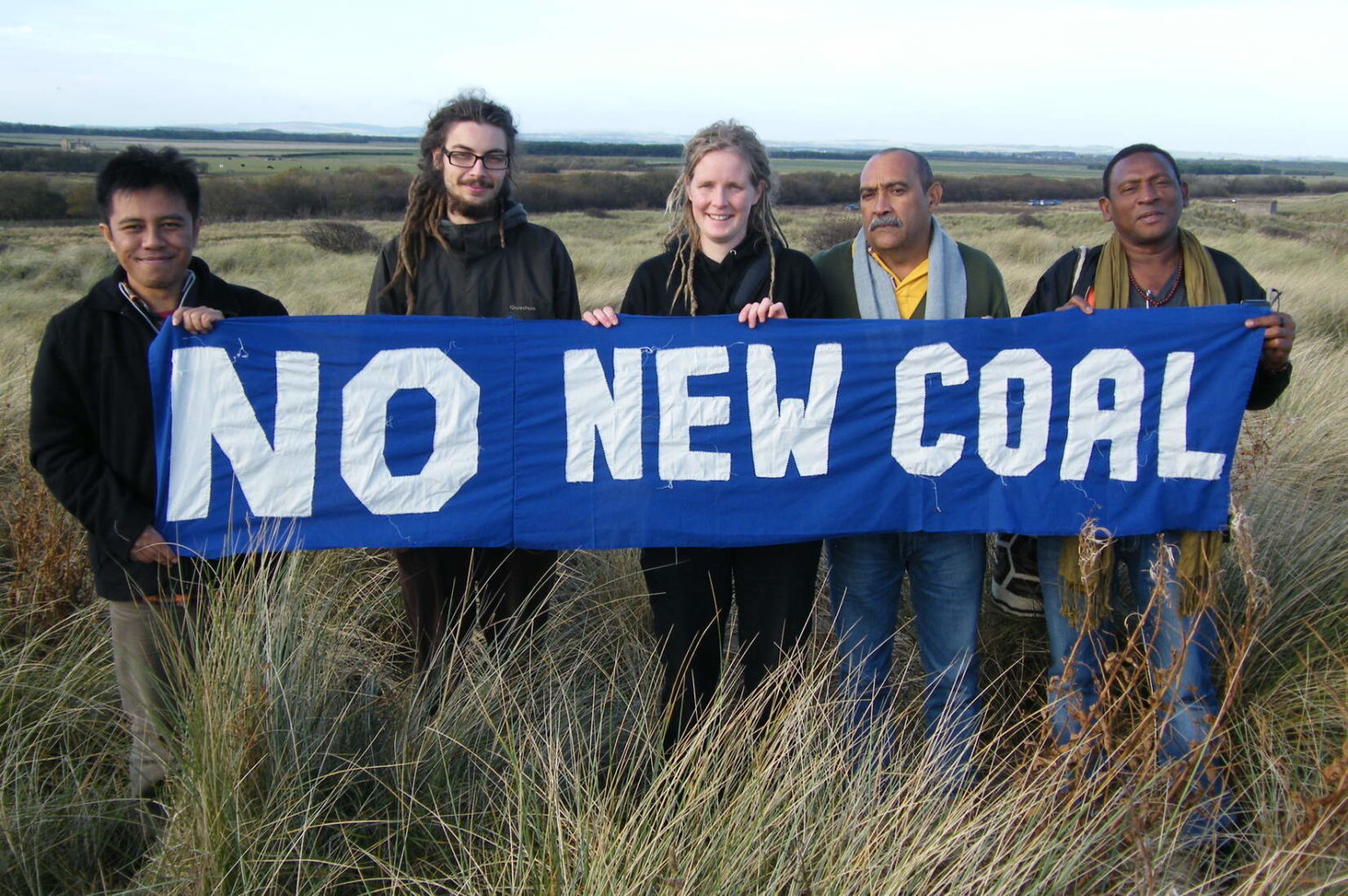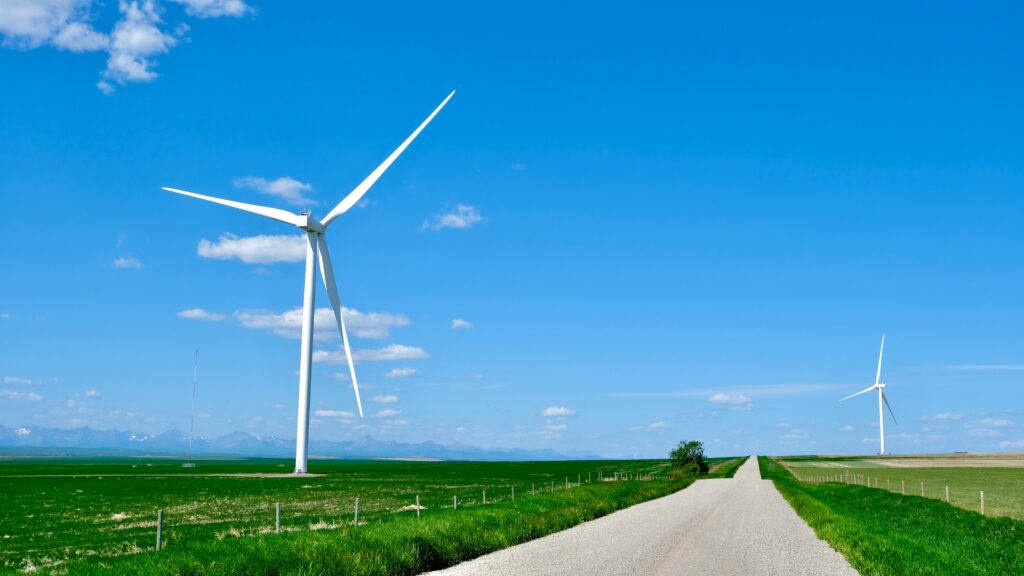Campaigners are celebrating a “massive victory” after plans to extract nearly three million tonnes of coal from Northumberland’s Druridge Bay were rejected once again.
Last night, Communities Secretary Robert Jenrick branded proposals for the UK’s biggest mine as “environmentally unacceptable”.
In an official letter, the government found the proposed development to extract 2.8 million tonnes of coal behind the dunes in Highthorn was “not likely to provide national, local or community benefits” that would outweigh its environmental impacts.
Like what you’re reading? Support DeSmog by becoming a patron today!
It comes after a nine-year battle by activists to protect the coastal stretch and wildlife hub from destruction.
The mine was first proposed by Durham-based developer Banks Group in 2015 for coal combustion at power stations, and approved by Northumberland County Council in 2016.
But a public inquiry was sparked by campaign group Save Druridge and Friends of the Earth, leading to then Communities Secretary Sajid Javid rejecting the mine over climate change concerns in 2018.
The decision was then returned to the new Communities Secretary after Banks successfully challenged the ruling in the High Court, before it was thrown out for a second time yesterday.
Banks has not yet ruled out an appeal to today’s decision, saying it would now “review the precise reasons for this decision before agreeing on the most appropriate steps to take”.
Victory
Campaigner Anne Harris of Coal Action Network told DeSmog: “This is a massive victory, it’s absolutely brilliant.”
“For the local community, this means they can go out of their door and walk on the beach, and know they’ll be able to hear the wild birds, the wind on the sand dunes, the rolling of the waves, and not the noise of the opencast mine.”
“That is such an important thing for those people who have fought so long. Their homes have been under threat, and their peace has been threatened by this company for a prolonged period of time. Hopefully this means that they can have that, that their fight’s been worth it.”
Friends of the Earth climate campaigner Tony Bosworth also welcomed today’s “tremendous victory” for local campaigners.
“With the world staring at catastrophic climate change, this is the right decision,” he said. “Coal mines must be consigned to the history books if we are going to avoid climate breakdown.”
“It’s time for Banks Mining to walk away from Druridge Bay and further legal challenges, and abandon plans for any more new mines.”
Gavin Styles, executive director at Banks Mining, said the developers were “extremely disappointed” by the decision.
In a statement, he said: “At a time when our region and country is facing an unprecedented economic crisis, this decision effectively hands the much-needed and valued jobs of our North East workforce to Russian miners, who will be delighted to meet British industry’s continuing need for coal whilst simultaneously significantly increasing global greenhouse gas emissions.”
Banks made a similar argument when reacting to the rejection of Bradley Opencast in July, when plans to dig up an additional 90,000 tonnes of coal in County Durham were finally rejected.
Experts have previously disputed the claim that retaining coal mines in the UK is beneficial to the climate, because the opening of a coal mine does not mean others will close elsewhere and more mines lead to more coal being produced overall.
The end of coal?
This decision is the latest victory in a year of successes for anti-coal campaigners, who are now hoping that the UK’s last remaining opencast mining project in Dewley Hill, Newcastle, will also be scrapped.
Alongside Bradley Opencast, two other Banks Group opencast mines have stopped producing coal in the past year — Brenkley Lane and Shotton in Northumberland.
There is also an application for an underground coking coal mine, Woodhouse Colliery, off the Whitehaven coast in Cumbria by West Cumbria Mining.
Mining coal for thermal power is now being phased out by the UK government by 2024, but Banks Group has continued to try to push through plans for metallurgical coal — coking coal for steel — for industrial use.
Image credit: © Coal Action Network. Updated 09/09/20: A sentence on the criticism of Banks Group’s justification for opening UK coal mines was edited for clarity.
Subscribe to our newsletter
Stay up to date with DeSmog news and alerts







